
City St. George’s researchers identified 9 genetic signatures and epigenetic changes driving lapatinib resistance in HER2-positive breast cancer.

Sabrina McCrear is an assistant editor for The American Journal of Managed Care® (AJMC®), which she joined in 2025. She produces written and video content across a range of disease areas and manages social media platforms for The Center for Biosimilars, an AJMC® publication.
Sabrina holds a B.A. in Journalism with a minor in Biology from Howard University in Washington, D.C. You can connect with her on LinkedIn.

City St. George’s researchers identified 9 genetic signatures and epigenetic changes driving lapatinib resistance in HER2-positive breast cancer.

Ateequllah Hayat, PhD, discusses epigenetic rewiring, biomarkers, and emerging strategies to overcome lapatinib resistance in HER2+ breast cancer.

A spending bill advancing PBM reforms aims to delink Medicare Part D compensation from drug rebates and improve pricing transparency.

Telomere length and polygenic risk independently influence IPF susceptibility, even among patients without rare genetic variants.

A European Respiratory Journal study shows pulmonary fibrosis affects sexual function and quality of life, calling for open clinician-patient conversations.
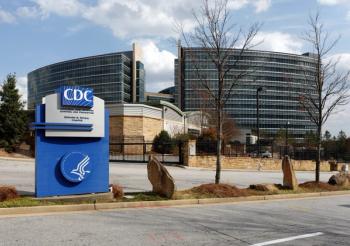
AAP’s 2026 immunization schedule continues protection against 18 diseases as the CDC reduces its recommendations to 11.

Minnesota physicians warn ICE activity in hospitals and clinics is deterring care, undermining patient safety, and worsening health outcomes.
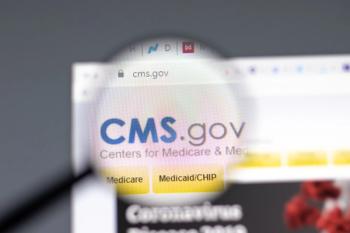
CMS’s 2027 proposed MA payment rate increase of .09% falls short of expectations, potentially increasing premiums and reducing benefits for seniors.

ACE inhibitors may improve survival in IPF patients, highlighting potential repurposing of a common cardiovascular drug.

Phase 2 trial results show anlotinib with anthracyclines and ifosfamide yields a 30.8% ORR and an 82.7% DCR in advanced soft tissue sarcoma.

A multistakeholder study explores how law enforcement presence in EDs affects survivors of violence and outlines trauma-informed, patient-centered policy solutions.
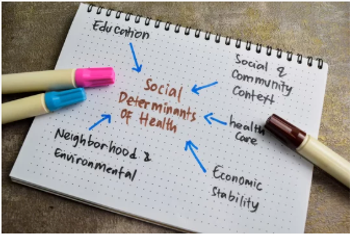
Socioeconomic and demographic factors influenced amputation and recurrence rates in upper extremity soft tissue sarcoma.

A study shows that PF impacts sexual activity physically and emotionally, emphasizing the need for holistic patient care and quality-of-life assessments.
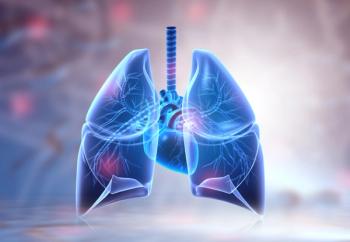
Oral nalbuphine significantly reduced cough frequency and severity in idiopathic pulmonary fibrosis (IPF), with patients seeing greater benefit at higher doses.

A new study finds law enforcement presence in emergency departments may disrupt care. Lead author Prashasti Bhatnagar discusses policy and training solutions.

David Muhlestein, PhD, breaks down ghost rates, data gaps, and why stronger oversight is needed to make Transparency in Coverage files usable for patients.
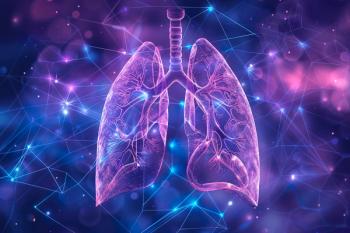
Phase 2a data show oral GRI-0621 was safe and improved immune and fibrosis biomarkers, supporting disease-modifying potential in IPF.

New York City nurses continue their strike over staffing, safety, and benefits through negotiations on day 5 of the city’s largest nursing strike.

France approved botensilimab plus balstilimab for select ovarian cancers and soft tissue sarcomas, expanding early access to this dual immunotherapy.

With ACA subsidies in limbo, ICHRAs may reshape how Americans access coverage. Here are 5 FAQs explaining what they are, who benefits, and key trade-offs.
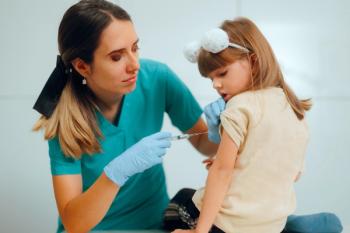
Poland’s LiBRha project will expand liquid biopsy and molecular testing nationwide to improve diagnosis, monitoring, and outcomes for children with soft tissue sarcoma.

Most workers are unprepared to shop for individual plans under ICHRAs, highlighting gaps in decision tools, guidance, and consumer protections.

ICHRAs could either stabilize or destabilize ACA risk pools, with adoption patterns raising concerns about access, equity, and coverage for sicker workers.

ED law enforcement interactions affect survivors of violence and immigrant patients, emphasizing training and advocacy.
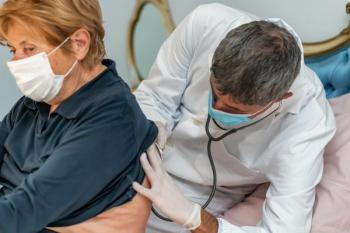
Patients undergoing lung or colon cancer surgery at rural hospitals that later closed had better outcomes after transfer to high-performing oncology centers.

Social determinants of health influence heart failure and arrhythmia risk in HCM, highlighting the need for more holistic, equitable risk stratification.

Lower income and higher social deprivation were associated with increased heart failure and arrhythmia risk in patients with hypertrophic cardiomyopathy.

Genetic and metabolic differences may increase aggressive early breast cancer risk in Latin American women with obesity, notes William Audeh, MD, MS.

A meta-analysis found β-blockers did not improve clinical outcomes in patients with acute MI and preserved LVEF, raising questions about routine use.

Nimbus Therapeutics and Eli Lilly announce their partnership to develop a novel oral drug for patients with obesity and other metabolic disorders.
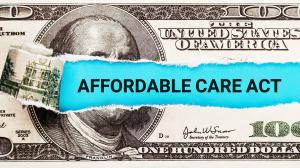
Published: December 9th 2025 | Updated:

Published: September 20th 2025 | Updated:

Published: December 9th 2025 | Updated:
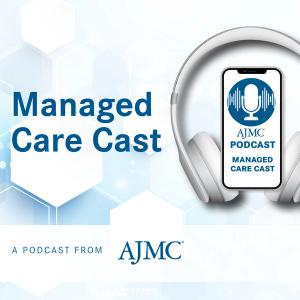
Published: November 11th 2025 | Updated:
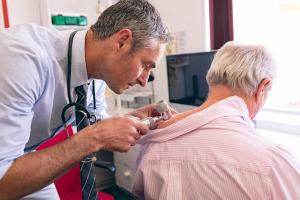
Published: December 4th 2025 | Updated:

Published: November 15th 2025 | Updated:

259 Prospect Plains Rd, Bldg H
Cranbury, NJ 08512
© 2025 MJH Life Sciences®
All rights reserved.
